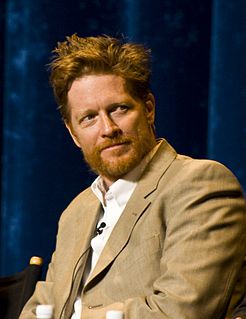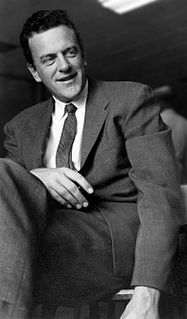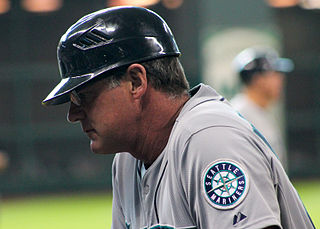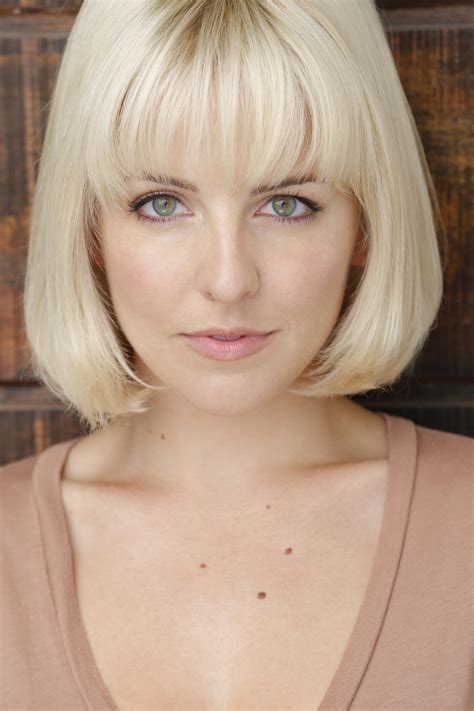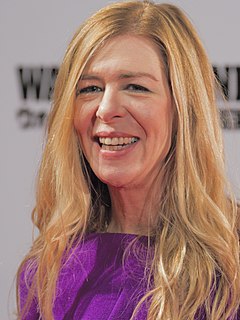A Quote by Mel Brooks
There's an army story in me, and I think there's a WWII Brooks film somewhere.
Related Quotes
Sometimes I have experienced at the start of a film you're very excited and enthusiastic and you've done all your preparation internally and externally and you start the film and it's all go... Then your attention goes somewhere else. Your energy goes into telling the story, so you don't have the same amount of energy to be objective, and that's okay because sometimes you become a subject of the story and you're inside it so much that you don't need to keep on looking on the outside.
The brooks flow to their lover, the sea, and the flowers smile at the object of their passion, the light. The mist rolls down to its beloved, the valley. And I? In me is what brooks do not know, what flowers do not hear, what the mist does not apprehend. You see me alone in my love, solitary in my yearning.
I think a draft produces a better Army than the one we would have with all volunteers, because I think you get average Americans if you have a draft. And if it's an all-volunteer Army, you get people who join up because of some problem in their own lives. They don't have anything else to do, they don't have a job, or they can't find what they want to do, so they join the Army. And it doesn't produce the best Army.
I don't know if I'm the most religious guy, but I think I'm a spiritual man, and these are the things I think about a lot. In terms of the film, I think 'The Grey' is very much a non-denominational kind of film. I don't think it's something that relies on a particular religious bent to tell the story.

